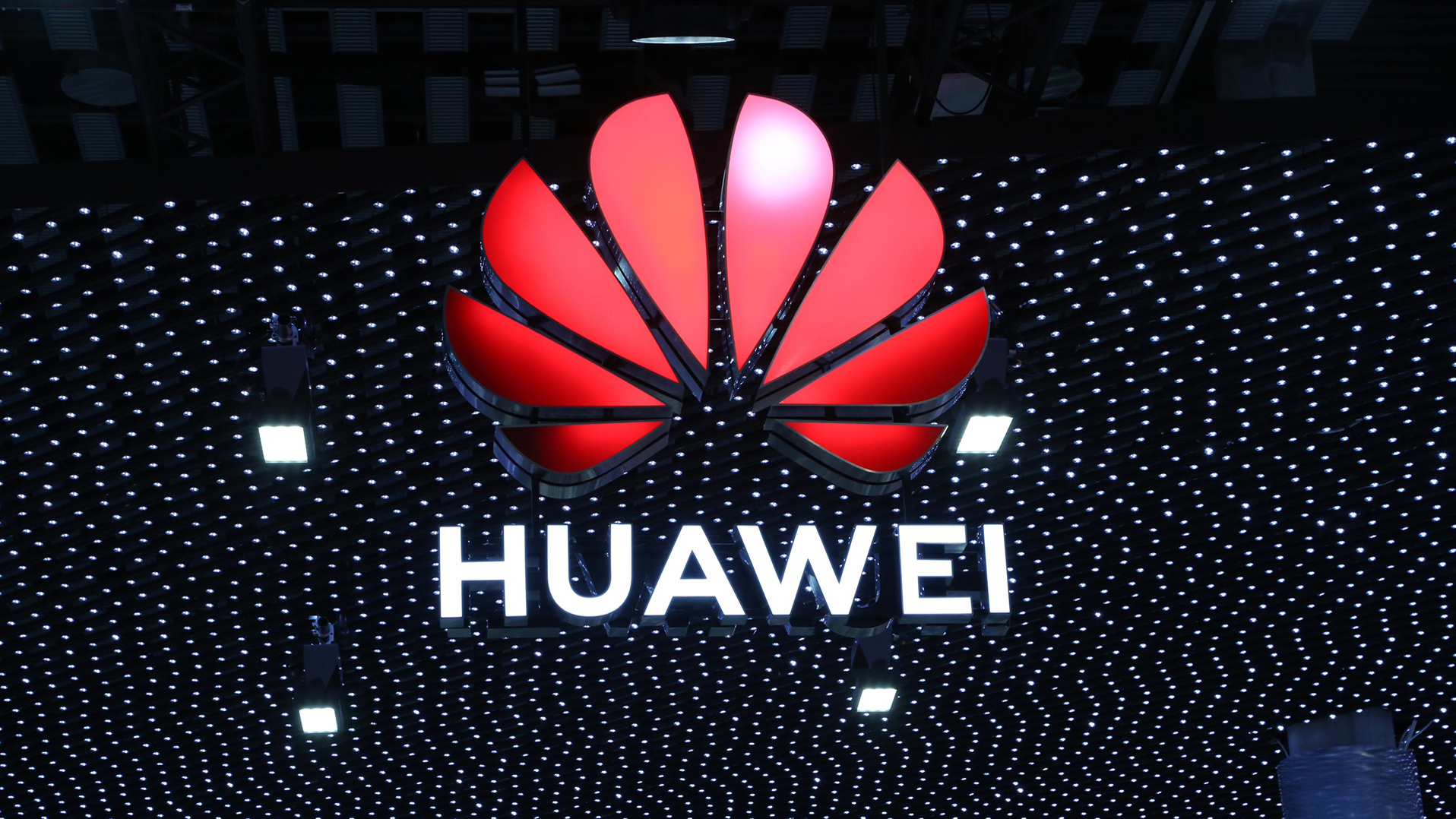Chinese smartphone manufacturer Huawei has been hit with another huge blow in its ongoing struggles with the US government, as the FCC has declared that it has officially recognized Huawei as a threat to national security, following an extensive investigation and advice from the US government.
This decision from the FCC hasn’t come out of the blue, in fact it started proceedings back in November 2019. This meant that the commission's $8.3 billion a year universal service fund could not be used to purchase or maintain Huawei products, effectively shutting the door on dealings with most US based companies and Huawei. This latest ruling is the final decision of the commission, based on all the evidence it has collected in the last eight months.
"Based on the overwhelming weight of evidence, the Bureau has designated Huawei and ZTE as national security risks to America's communications networks and to our 5G future," said FCC Chair Ajit Pai in a statement released on Tuesday. "Both companies have close ties to the Chinese Communist Party and China's military apparatus."
So what does this mean for Huawei and its dealing with the USA? And more importantly, what does this mean for Huawei fans and owners of its existing smartphones?
What does this mean for Huawei in the US?
The long and short of it for Huawei is that the tech manufacturer’s dealing with US companies will continue to shrink. Companies can’t use US government funds and grants to buy equipment from the Chinese technology firm, so they will have to go elsewhere, shutting Huawei out of a large portion of the telecommunications market.
We wouldn’t expect to see Huawei devices making a return to US stores anytime soon, which is a shame considering they make some of the best smartphones for camera enthusiasts and gamers.
What does this mean for existing Huawei customers?
Huawei devices that were released before May 2019 will still continue to get updates from services like Google Play, Windows etc. so your existing smartphone will continue to function as normal. Newer handsets released after this point were blocked from pre-loading services from US companies, so smartphones like the Huawei P40 don’t come with Google Play Store or any associated apps pre-installed.
While the same rules largely apply to tablets, which typically run on Android operating systems like smartphones do, Huawei’s laptops are in a different situation thanks to Microsoft settling a deal with the US Department of Commerce back in November 2019, which stated that it had a license to export mass-market software to Huawei. This means Huawei laptops will still come with Windows and Office products, and will still receive Windows updates.
So, in reality, nothing changes for you right now. This ruling just signifies that nothing will be changing anytime soon. As a result, Huawei phones will become a much less common sight over the next few years as people replace their existing smartphones and - in all likelihood - avoid Huawei devices in future purchases. Huawei laptops are less affected, but they’re still hard to find in the US at the moment. We’d suggest that you think long and hard before purchasing a Huawei smartphone or tablet, as they will likely continue to lose support and updates in the US. Laptops are fine, for now, but we would also advise looking at equivalent models from competitors like Dell and Lenovo, who are not considered to be national security threats.

